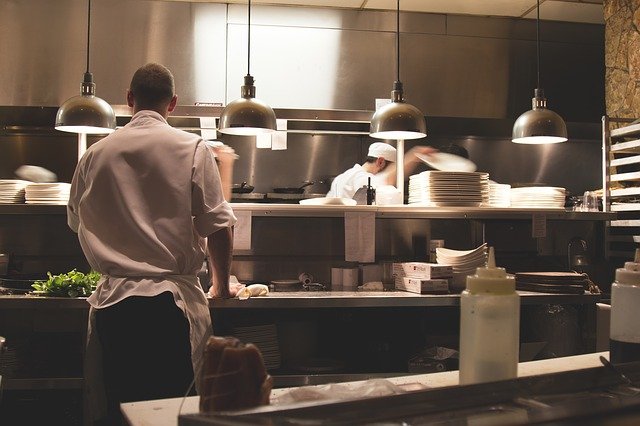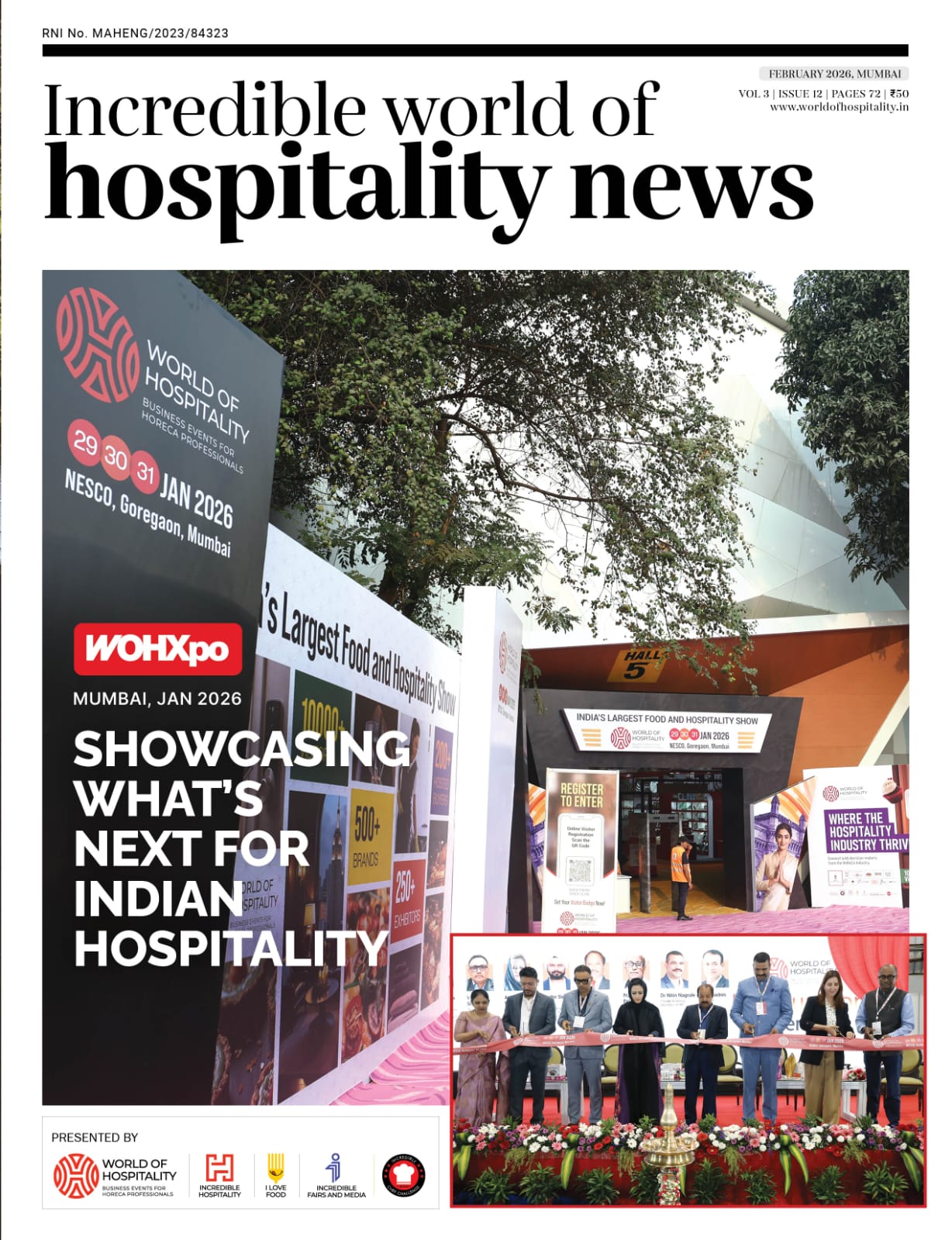As the Covid-19 pandemic stirred havoc across industries, technological application to traditional operations has helped certain industries remain profitable even during these trying times. Industry experts speak about the changing dynamics in the commercial kitchen equipment sector
The year 2020 will forever be remembered as the Year that changed the World – with the coronavirus pandemic claiming not just lives but also livelihoods globally. Adversely impacting industries, the pandemic has left everyone to unlearn traditional practices and rethink business dynamics and operations.
The worst hit were the tourism and hospitality sectors, and with them the backend allied industry. The high-risk cash-intensive HoReCa sector remained cash-strapped for long since the onset of the pandemic. Industry bodies like FHRAI and NRAI urged the government to ease the lockdown measures, award moratorium to business owners and to reinstate confidence within the sector for its mere survival.
FHRAI had, earlier this month, submitted a representation to the Government requesting for its urgent intervention in supporting the Hospitality industry in its recovery. The apex hospitality Association had cited the latest report from the ratings agency – ICRA indicating that the Indian Hospitality industry’s recovery to pre-pandemic levels is at least three years away.
As the pandemic leashed an iron grip on the cash flow within the hospitality sector, the suppliers of various raw materials, solution providers and vendors, were also left high and dry with a muted demand for their products from the hospitality sector.
Giving an overview of the commercial kitchen equipment sector, Anil Malhotra, president, HOTREMAI, laments, “The year 2020 has been tough on the commercial kitchen equipment sector as a whole in India. Amid the pandemic, all the hotels and restaurant industry remained closed. Around 30-40 % of restaurants have shut permanently. Hotels have postponed their capex for this year as they are not able to recover their basic costs. As the Commercial Kitchen Equipment sector is heavily dependent this sector, 2020 is ending as a tough year for all of us.”

Vikram Goel, MD, Rational, feels that the situation was looking tough for the traditional commercial kitchen equipment industry even ahead of the pandemic as the Indian economy was already seeing a downturn in the quarters ahead of FY20-21. “The Covid-19 pandemic and the following lockdown further came as a severe blow to the F&B industry,” he adds.

As it is frequently said, necessity is the mother of invention, the pandemic too compelled the commercial kitchen equipment sector think differently and develop solutions that are future-ready. The pandemic has certainly paved the way for technology to disrupt the traditional working dynamics for most of the industries and the commercial kitchen equipment sector is no exception.
Speaking on these lines, Goel says, “There has been a silver lining to the crisis with new-age tech-driven commercial kitchen equipment such as smart combi-ovens bringing in revolutionary changes in the kitchen. With characteristics including – cooking with minimal human intervention, self-cleaning function, multifunctional and compact size, etc, these state-of-the-art equipment have set a precedent in terms of redefining kitchen operations.”
Agreeing that there is a lot of tech-enabled equipment available in the market, Malhotra believes that due to poor business sentiments there are hardly any takers for these kind of equipment. “Buyers are forgoing any expensive capex items as of now, as these tech-enabled equipment don’t come cheap. Only the bare necessities are being bought by hotels and restaurants,” he states.
Goel agrees, “The new-age equipment are one of their kind in driving seamless kitchen operations, but again they come at a high cost, which has left several business owners sceptical about parking a monumental sum of Capex in these smart equipment. We at RATIONAL have always considered addressing all the challenges of our customers and hence to drive out the hassle, we, in a first, unveiled the B2B commercial kitchen equipment leasing model in India. Through this model, the business owners (Restaurateurs/Bakeries/Hotels/Hospitals, etc.) need not think about bleeding Capex costs but simply convert it into a favourable lean Opex while enjoying the advantanges provided by RATIONAL cooking systems.”
Speaking about how the upcoming year looks for the sector, Malhotra underlines that the positive side of this pandemic – that there will be less foreign travel in the coming months/year. “That travel is going to shift domestically, with the opening of new hotels and restaurants, which in return will benefit the whole hospitality allied industry in the country,” he notes.
Summing up, Goel observes that as the world still battles the pandemic and a foolproof vaccine is yet to hit the markets, preventive measures and precautionary sentiments among the consumers will hover for long even after we put this pandemic behind us. “Hence, ‘contactless dining’ as a concept be it dining in or dining out, will remain a buzzword for long and customers will keep vouching on brands assuring health & hygiene parameters. The pandemic has further bolstered the presence of smart commercial kitchen equipment as both the consumers and food service providers look for compliant and promising products,” he says.






